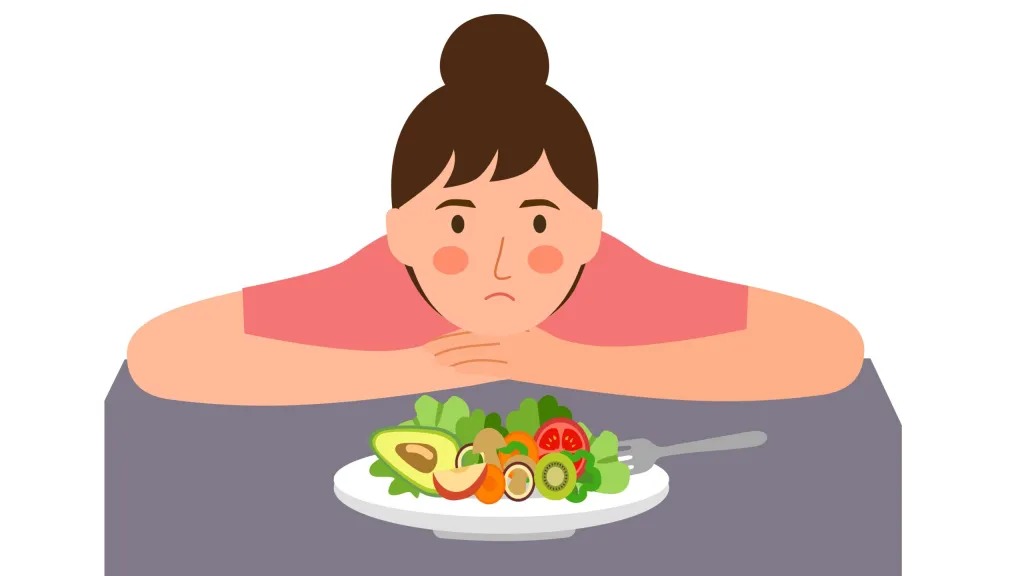Culture Craze
Top Foods to Reduce Anxiety in 2025: Joburg’s Calm Kitchen Guide

In a city that never quite powers down, whether from loadshedding or the rush of daily life, many Joburg locals are looking for ways to manage anxiety without relying on medication. It turns out, the most overlooked remedy might be in your kitchen.
Mounting evidence confirms that certain foods can help stabilise mood, regulate stress hormones, and support brain function. These aren’t exotic or expensive trends, but practical, science-backed ingredients you can find at your local market or corner grocer.
Here’s what to keep in your pantry and why it matters more than ever in 2025.
Omega-3s: From the Sea or the Seeds
Fatty fish like sardines, salmon, and mackerel are rich in omega-3 fatty acids, which have been shown to reduce anxiety by calming inflammation and improving neurotransmitter function. Can’t do fish? Walnuts, chia seeds, and flaxseeds offer plant-based alternatives that also deliver mood-boosting benefits.
These nutrients are essential for brain health and are linked to better stress management. Local dietitians still recommend two to three servings a week in 2025.
Eggs, Bananas, and Serotonin Support
Eggs are packed with tryptophan, an amino acid that helps the body make serotonin, a key hormone for mood balance. Bananas also contain tryptophan, along with vitamin B6 and potassium, which help regulate nervous system function and reduce blood pressure spikes during stressful moments.
A boiled egg and a banana might seem basic, but they’re brain food.
Leafy Greens for Magnesium and B Vitamins
Spinach, kale, and Swiss chard are loaded with magnesium and folate, nutrients that play a role in reducing nervous tension and preventing energy dips. Magnesium, in particular, supports muscle relaxation and balances the nervous system.
In 2025, magnesium remains one of the most recommended minerals for managing low mood and fatigue.
Fermented Foods and Prebiotic Power
Your gut is home to more than just digestion; it’s a key player in mental health. Fermented foods like yoghurt, kimchi, amasi, and kefir are rich in probiotics, which help support the gut-brain connection. A healthy gut microbiome is associated with higher serotonin production and better emotional regulation.
Prebiotics like oats, onions, and sweet potatoes help feed these good bacteria, amplifying the benefits.
Berries, Citrus, and Antioxidants
Blueberries, strawberries, and blackberries are rich in antioxidants that fight oxidative stress, one of the biochemical triggers of anxiety. Citrus fruits like oranges and naartjies are high in vitamin C, which has been shown to reduce cortisol, the body’s main stress hormone.
Locally sourced citrus remains a staple in South African kitchens for both health and flavour.
Dark Chocolate: Yes, Really
Dark chocolate with at least 70% cocoa is more than a treat. It contains flavonoids and magnesium, both of which have been linked to lower stress and improved brain function. Just a square or two is enough to get the benefit; no need to finish the slab.
Green Tea, Chamomile, and Rooibos
Green tea remains a standout in 2025 for its L-theanine content, an amino acid that boosts calming brain chemicals like GABA and dopamine. Chamomile offers anti-inflammatory properties and mild calming effects, especially in higher daily doses.
South Africa’s own rooibos is naturally caffeine-free and packed with antioxidants, making it a great nighttime choice for those looking to avoid overstimulation.
Turmeric, Whole Grains, and Calm Energy
Turmeric’s active compound, curcumin, is still being studied for its anti-inflammatory and neuroprotective effects. Whole grains like oats and quinoa offer steady energy and help prevent the blood sugar crashes that can trigger anxiety symptoms.
Eggs, again, make a return here, not only for tryptophan but also as a natural source of vitamin D, which many South Africans are low in, especially during winter.
Foods to Limit in 2025
Certain foods can worsen anxiety. Limit the following when possible:
-
Caffeine: In excess, it spikes cortisol and triggers panic-like symptoms
-
Refined sugars and carbs: Cause mood swings and inflammation
-
Highly processed snacks and takeaways: Disrupt gut health
-
Alcohol: May offer a quick calming effect, but often worsens anxiety the next day
Artificial sweeteners, in some studies, have also been linked to shifts in gut bacteria and mood changes. Stay mindful of how your body reacts.
Why This Matters in Joburg Today
More than 25% of South African households report food insecurity, a figure that has been directly linked to increased anxiety and depression, especially among youth. For many Joburgers, access to nutritious food isn’t just about wellness; it’s about survival and stability.
Stocking affordable, anxiety-supportive foods like oats, spinach, amasi, bananas, and tea can make a real impact in daily mood regulation without breaking the bank.
No single food will fix anxiety. But a consistent, nutrient-dense diet is a solid support system, especially when therapy or medication isn’t accessible. In Joburg’s fast-paced, often unpredictable climate, giving your brain the fuel it needs is one of the most powerful steps you can take.
If you’re looking for something small and realistic to start with, make it this: a mug of green tea, a handful of nuts, or a slice of wholegrain toast with peanut butter. You don’t need a supplement drawer, just a few everyday ingredients that work with your biology, not against it.
Also read: Find Your Sweet Spot: South Africa’s No Fluff Guide to Better Sleep in 2025
Follow Joburg ETC on Facebook, Twitter, TikT
For more News in Johannesburg, visit joburgetc.com
Featured Image: ADDitude















